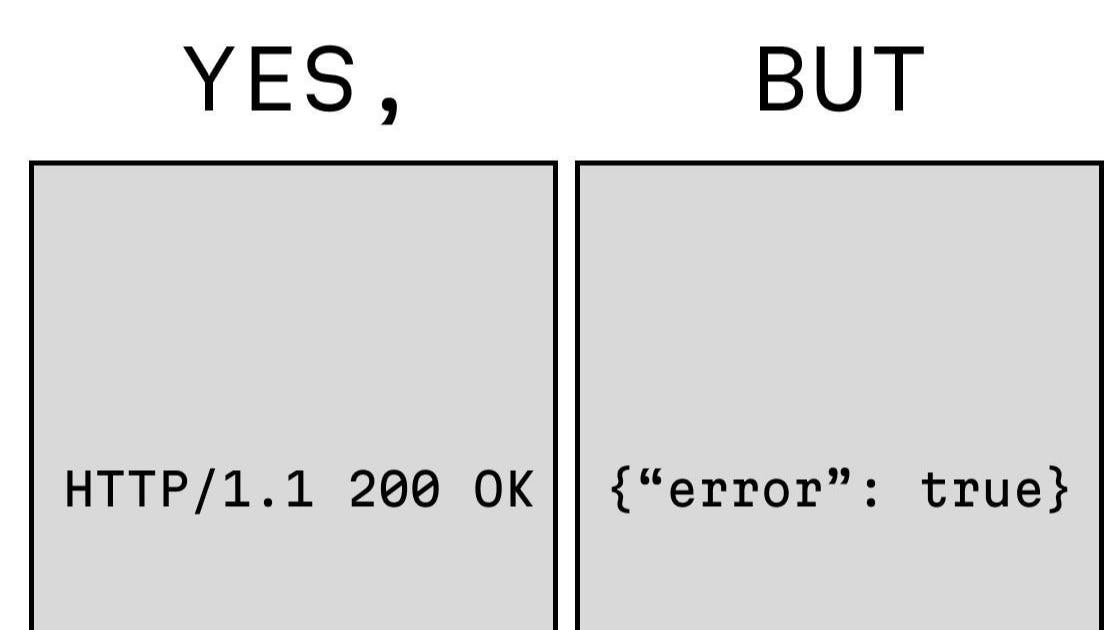At the end of March with the Ubuntu 25.04 beta release I began running Ubuntu 25.04 benchmarks on desktop hardware and finding some nice performance improvements thanks to the fresh Linux 6.14 kernel and other new software updates found in this next Ubuntu release. While those numbers were positive, the Ubuntu 25.04 beta performance I am seeing on AMD EPYC 5th Gen “Turin” servers is even more exhilarating. As the first of a lot more Ubuntu 25.04 server benchmarks to come, today is a first look at the Ubuntu 25.04 beta performance on AMD EPYC 9005 compared to Ubuntu 24.10 and the Ubuntu 24.04 LTS releases.
Ubuntu 25.04 is due for release on 17 April while it’s already under its various software freezes ahead of release. Ubuntu 25.04 beta has been working out well on laptops and desktops but with my server testing just getting underway, I am super excited out of the Ubuntu 25.04 performance I am seeing so far with this EPYC Zen 5 server testing. Ubuntu 25.04 is not a Long Term Support (LTS) release and that in turn will limit its exposure to many server and other corporate deployments, but in any case for those not worried about the lack of LTS support, Ubuntu 25.04 is looking very good in the performance department. Many of these gains will likely carry over to containers too and beneficial for other short-term deployments. Plus this is all trending in the right direction now at the mid-way point before the Ubuntu 26.04 LTS release in April of next year.
Using the AMD Volcano reference server with 24 x 64GB DDR5-6000 memory, SAMSUNG MZWLO3T8HCLS-00A07 NVMe SSD storage, and two AMD EPYC 9755 processors, I benchmarked the following configurations:
Ubuntu 24.04 LTS – Ubuntu 24.04 LTS on its default Linux 6.8 kernel and other original software components from its debut last April.
Ubuntu 24.04 LTS + HWE – Switching over to the hardware enablement stack of Ubuntu 24.04 LTS, which at this stage is using the Linux 6.11 kernel. The HWE stack is more beneficial for desktop/client hardware use with newer graphics drivers and other components too, but for servers most notable is the move from Linux 6.8 to Linux 6.11.
Ubuntu 24.10 – The stock Ubuntu 24.10 installation with its Linux 6.11 kernel, GCC 14.2, and other upgrades over Ubuntu 24.04 LTS.
Ubuntu 25.04 Beta – The current state of Ubuntu 25.04 with the Linux 6.14 kernel, upgrading from Python 3.12 to Python 3.13, a newer OpenJDK 21 revision, and many other software updates that landed over the past six months. Ubuntu 25.04 remains on GCC 14.2 with GCC 15 not coming to Ubuntu until the Ubuntu 25.10 release in October.
All of the same AMD EPYC 9755 server hardware was used throughout all of this testing and clean installations of Ubuntu each time were used for this comparison. Any differences in the system hardware table just amount to differences in how the hardware was reported under Linux. For example, with the move from Linux 6.11 to Linux 6.14 also means Ubuntu 25.04 is now using the AMD P-State driver on EPYC Turin. In turn using the AMD P-State driver is why the CPU frequency is reported differently on the system table but in fact for all Ubuntu Linux runs the AMD EPYC 9755 Turin processors were running at their default speeds.
With these clean Ubuntu Linux installations each time the only non-default change made was switching to the “performance” CPU frequency scaling governor each time… I really wish Ubuntu would default to performance rather than ondemand/powersave/schedutil for servers but alas they still do not.
Let’s continue on with this first look at the AMD EPYC 9005 series performance on Ubuntu 25.04.









